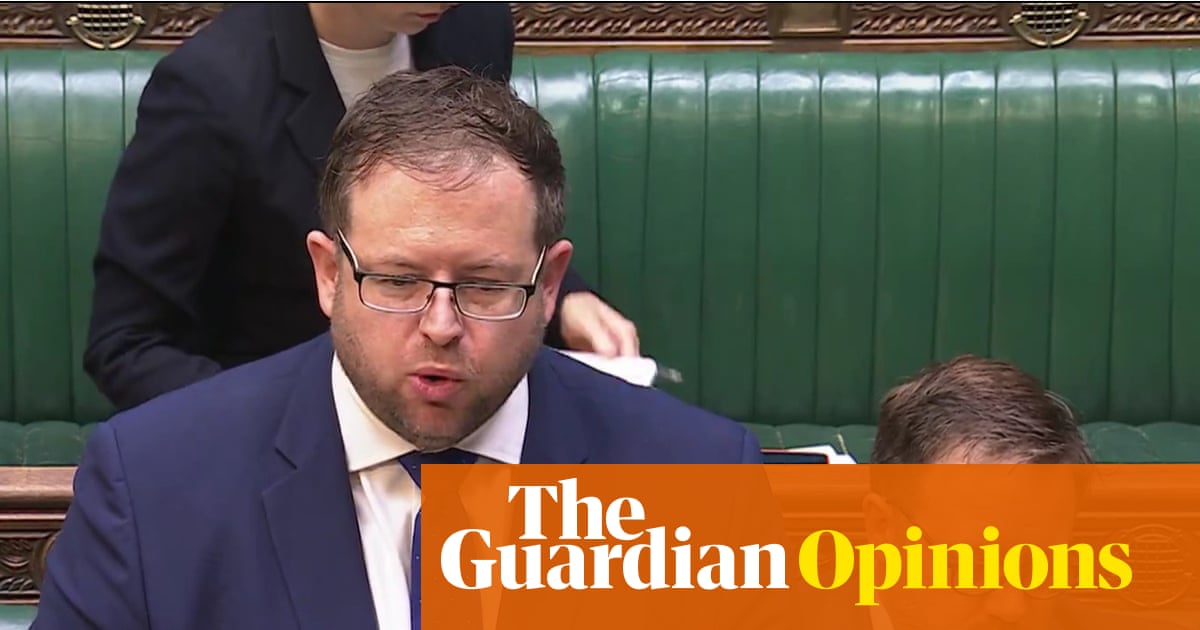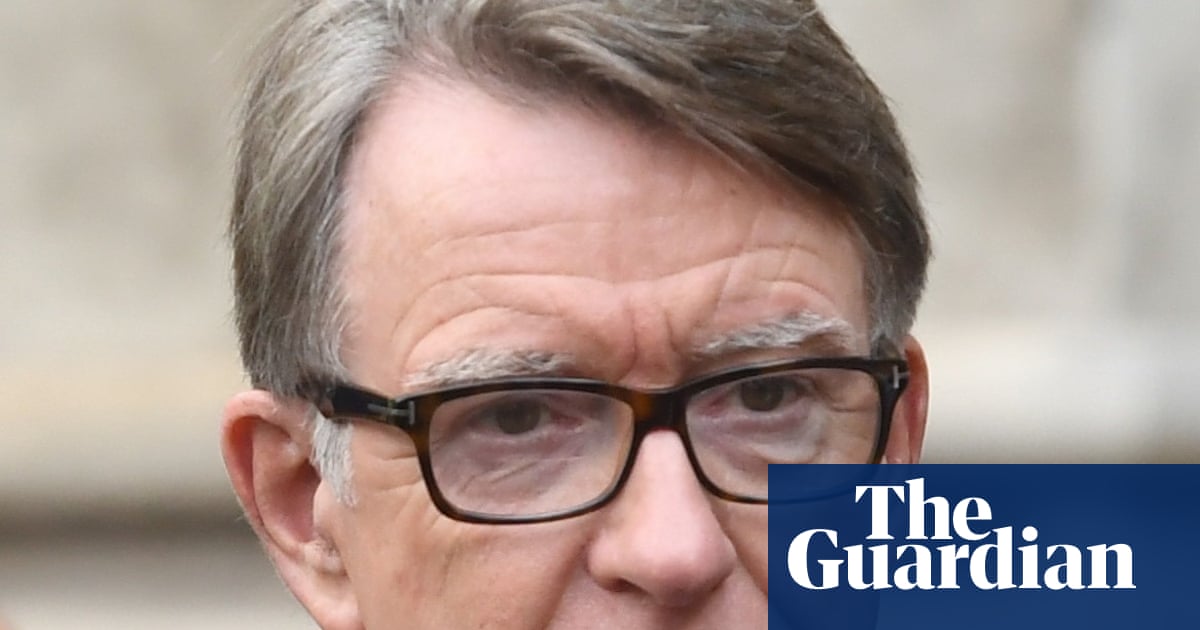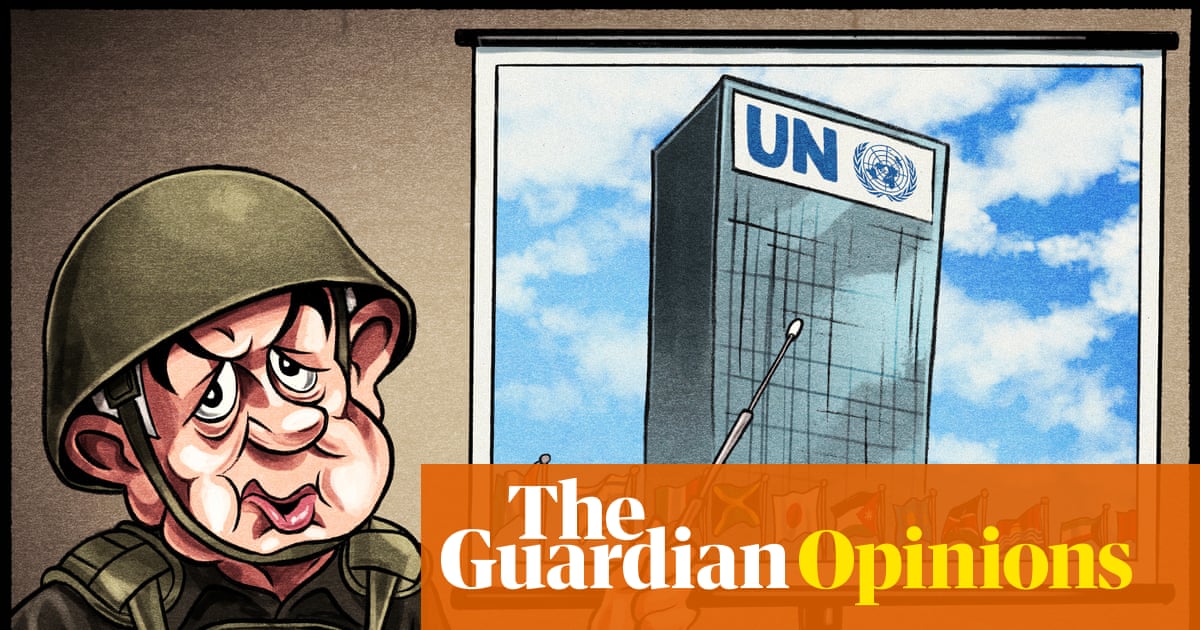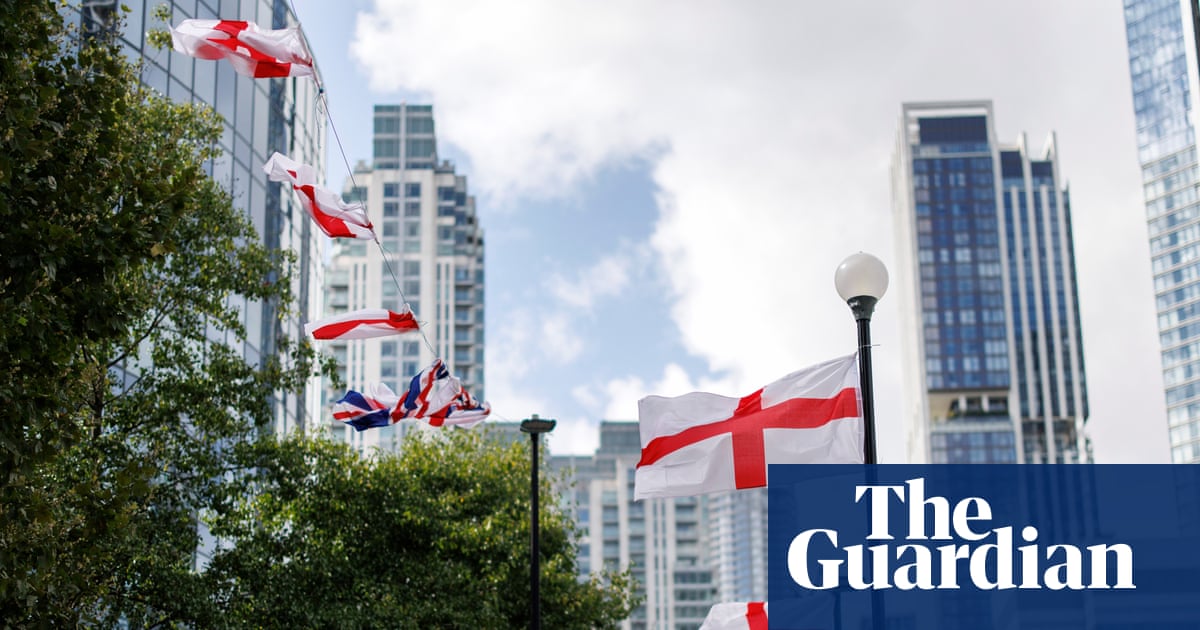The UK economy contracted in April by 0.3% as businesses cut jobs and cancelled investment plans in response to higher taxes and the uncertainty created by Donald Trump’s tariff war.
Figures from the Office for National Statistics showed the economy went into reverse after growing by 0.2% in March and 0.5% in February.
The reading, which was the worst monthly drop since October 2023, overshot City economists’ expectations of a 0.1% contraction.
Services suffered after a change to stamp duty rates in England and Northern Ireland that led to a sharp drop in house sales. The hit to estate agents, conveyancing lawyers and other property industry businesses helped push the services sector down by 0.4%.
Liz McKeown, an ONS director of economic statistics, also pointed to the £2bn drop in exports – the largest monthly decrease since records began in January 1997 – after the introduction of Trump’s “liberation day” tariffs.
“After increasing for each of the four preceding months, April saw the largest monthly fall on record in goods exports to the United States with decreases seen across most types of goods,” she said.
Manufacturing dropped by 0.6% after the car industry cut production, most likely in response to the US 25% levy on auto imports. Pharmaceutical production, which grew earlier in the year, also dropped back in April as the threat of tariffs loomed.
The construction industry was the only bright spot, rising by 0.9% after an increase in housebuilding starts.
The GDP data is a blow for the chancellor, Rachel Reeves, coming only a day after she laid out plans to grow the economy in a three-year spending review, and will disappoint ministers keen to show they have improved the UK’s outlook.
Reeves blamed “uncertainty about tariffs” for much of the contraction, saying on Sky News: “We know that April was a challenging month … one of the things, if you dig into [the] numbers today, is exports weakening and also production weakening because of that uncertainty in the world around tariffs.”
The chancellor added that the figures for April were “disappointing, but also perhaps not entirely unexpected”, given global economic uncertainty.
McKeown said there were also signs that the higher levels of activity in February and March had been down to companies bringing forward sales to beat US import tariffs.
Elliott Jordan-Doak, the senior UK economist at the consultancy Pantheon Macroeconomics, described April’s contraction as a blip that was likely to be reversed in May, when Britain would return to its usual path of slow, steady growth.
He said the Bank of England, which halved its forecast for UK growth earlier this year, was “too downbeat on the underlying growth momentum and resilience of the economy”.
after newsletter promotion
However, Paul Dales, the chief UK economist at Capital Economics, said the economy could also contract in May as the boost to activity in February and March from companies seeking to export to the US high import tariffs slowly unwinds.
Bank of England officials are expected to hold interest rates at 4.25% when they meet next week and then shave 0.25% from the cost of borrowing in August.
Dales said April’s drop “won’t prompt the Bank of England to cut interest rates next Thursday. But it is one more piece of news pointing to another cut in August”.
The figures also underscored concerns that an increase in employer national insurance contributions would harm the UK’s growth prospects.
Mel Stride, the shadow chancellor, accused Labour of “economic vandalism”. He said: “Under Labour, we have seen taxes hiked, inflation almost double, unemployment rise, and growth fall. With more taxes coming, things will only get worse and hardworking people will pay the price.”
The April figures also cover the period when employer national insurance contributions were increased, and will fuel claims that the tax rise is harming the UK’s growth prospects.
The latest jobs data from HMRC released on Tuesday showed the number of workers on company payrolls fell by 109,000 in May – the largest monthly fall since the same period in 2020 during the first Covid lockdown. More than 250,000 jobs have been lost in Britain since Reeves’s autumn budget.

.png) 3 months ago
35
3 months ago
35

















































